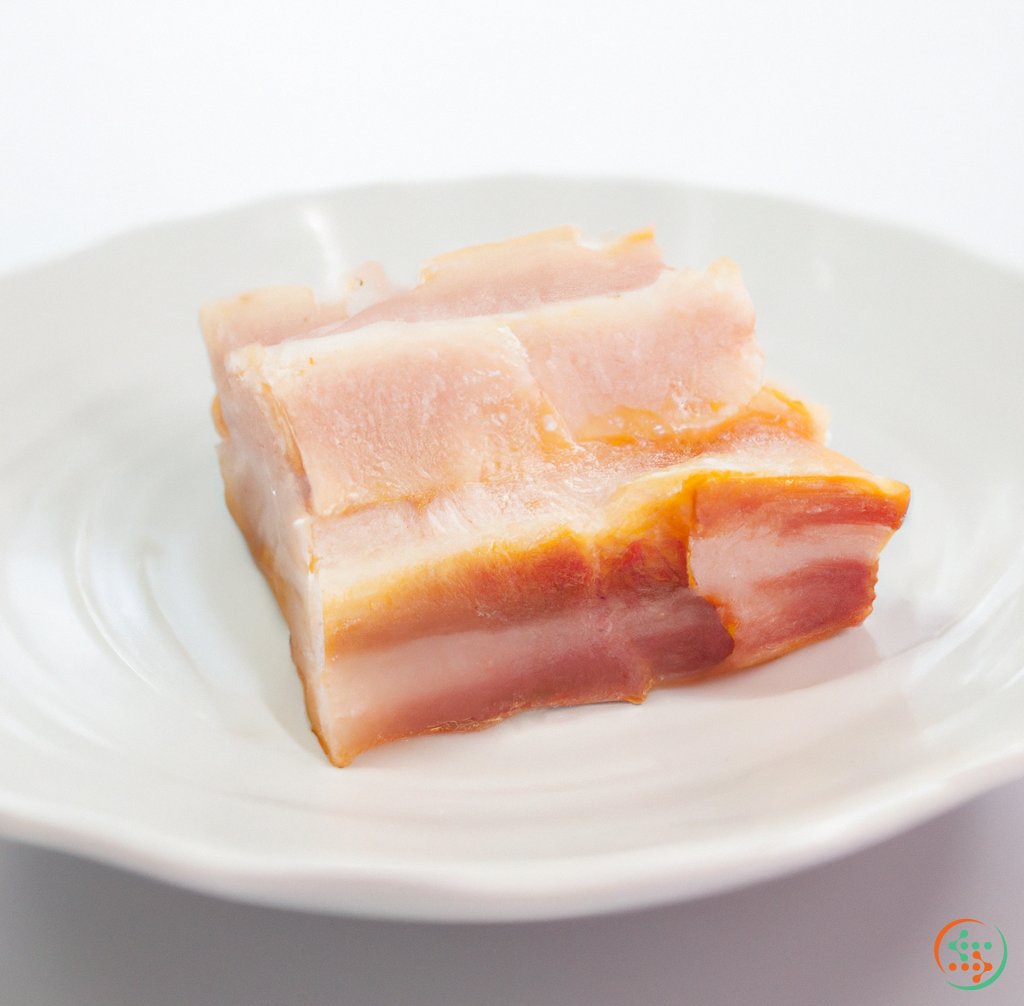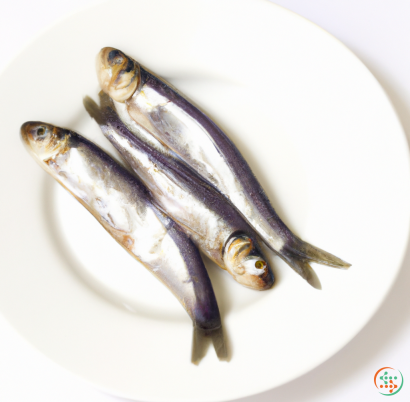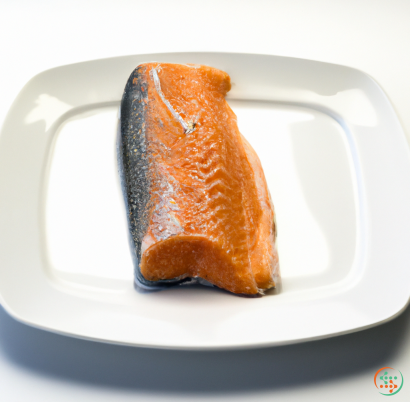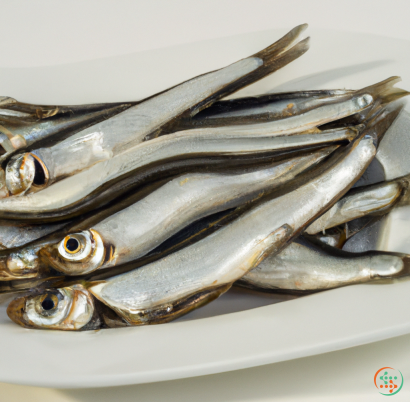Bacon Fat: Complete Mineral Profile
Bacon Fat: Considered a good source of minerals?
The short answer is no, bacon fat is not a good source of minerals. While certain types of fatty fish can be an adequate source of minerals, as they are high in oil-soluble vitamins and trace elements like selenium and iodine, bacon fat does not provide the same benefit. Bacon fat contains mostly saturated fats and it is more likely to raise cholesterol and increase risk for heart disease than to deliver mineral nutrition. Depending on how it is cooked, bacon fat may also contain unhealthy carcinogens such as nitrates. If a person is looking for a dietary source of minerals, better choices include leafy green vegetables, whole grains, legumes, nuts, fish with some oil, or fortified milk products.
Bacon Fat ‐ Mineral Information
The mineral composition of bacon fat has intrigued scientists for centuries. Studies have shown that Bacon fat is a rich source of essential minerals such as iron, calcium, phosphorus, magnesium and zinc, among others. These constituents are vital for optimizing body functions and maintaining overall health. The following paper seeks to explore in detail the various minerals obtained from licking Bacon fat.
Iron is one of the most important minerals contained in bacon fat. Iron contributes to numerous biological processes within the human body and ensures the proper functioning of organs by producing red blood cells and haemoglobin. Iron also helps transport oxygen to muscles and fuels enzymatic reactions that promote energy production. Other benefits associated with consuming Bacon fat include improved cognitive and cognitive-related tasks, enhanced alertness and concentration levels, increased memory function and reduced fatigue. Iron has been found to be beneficial to addressing symptoms related to anemia, enhancing fertility status, alleviating depression and helping o build immunity against common diseases.
Calcium is another significant mineral provided by Bacon fat. It plays a crucial role in keeping bones and teeth healthy and well maintained. The addition of this vitamin often helps alleviate muscle cramps and reduce inflammation caused by rigorous exercise. Furthermore, adequate daily calcium intakes play an integral part in preventing cardiovascular disease, balancing hormones and regulating cell growth and development. Calcium is also necessary for nerve impulse transmission across synapses and enabling efficient contractions of our muscles.
Phosphorus is yet another essential nutrient derived from the consumption of Bacon fat which helps regulate numerous metabolic activities in our bodies. Phosphorus enhances bone strength and supports organ systems. Consumption of enough phosphorous can help strengthen brain signals hence protecting it from severe neurological damage or unknown mutations. Additionally, phosphorus affects how much energy we get from food and therefore having enough could potentially yield better results during physical activity. Finally, phosphorus promotes faster recovery after injuries or illnesses while allowing us to maintain optimal levels of efficiency throughout any given day.
Magnesium is also stored in abundant amounts in Bacon fat and provides numerous benefits such as reducing risk of diabetes and anxiety, improving sleep quality, lowering cholesterol levels and promoting digestive comfort. Magnesium also works hand in hand with Vitamin D in stimulating the absorption of calcium through small intestines for stronger bones. This mineral engages in several cellular activities along neural pathways aiding communication between neurones. In some cases, magnesium treatments have proved successful at countering risks of dementia or Alzheimer’s disease; however, further research needs to be done in order to confirm their accuracy.
Lastly, zinc is yet another mineral acquired from eating artisanal Bacon fats which proves to be highly useful. Zinc protects our bodies from chronic oxidative stress due to its antioxidant properties while simultaneously strengthening immune systems. Consuming enough zinc helps produce fitting responses to inflammatory matters, prevents premature skin aging and assists wound healing due to large pools of collagen being synthesized with its presence. Vegetarians who rely heavily on plant-sources should aim to consume more bacon fat because the bioavailability of zinc from animal products far exceeds what plants offer.
To conclude, prolonged exposure to high concentrations of mineral contents from bacon fat can prove beneificial in terms of remediating deficiencies and eradicating potential risks of developing health complications; however, moderation is still key regardless and over-indulgence should always be avoided since too much of anything is never good for anyone. Therefore, individuals may consider using organic forms of bacon fat to reap maximum nutritional advantages without putting themselves in great disagreement with frequently changing dietary recommendations.
| Calcium | 0.001 grams |
Daily Value 1.3 g
|
| Iron | 0.13 mg |
Daily Value 0.018 g
|
| Phosphorus | 0.009 grams |
Daily Value 1.25 g
|
| Potassium | 0.015 grams |
Daily Value 4.7 g
|
| Sodium | 0.027 grams |
Daily Value 2.3 g
|
| Zinc | 0.06 mg |
Daily Value 0.011 g
|
| Copper | 0.02 mg |
Daily Value 0.9 mg
|
| Manganese | 0.01 mg |
Daily Value 0.0023 g
|
| Selenium | 0.0057 mg |
Daily Value 0.055 mg
|







